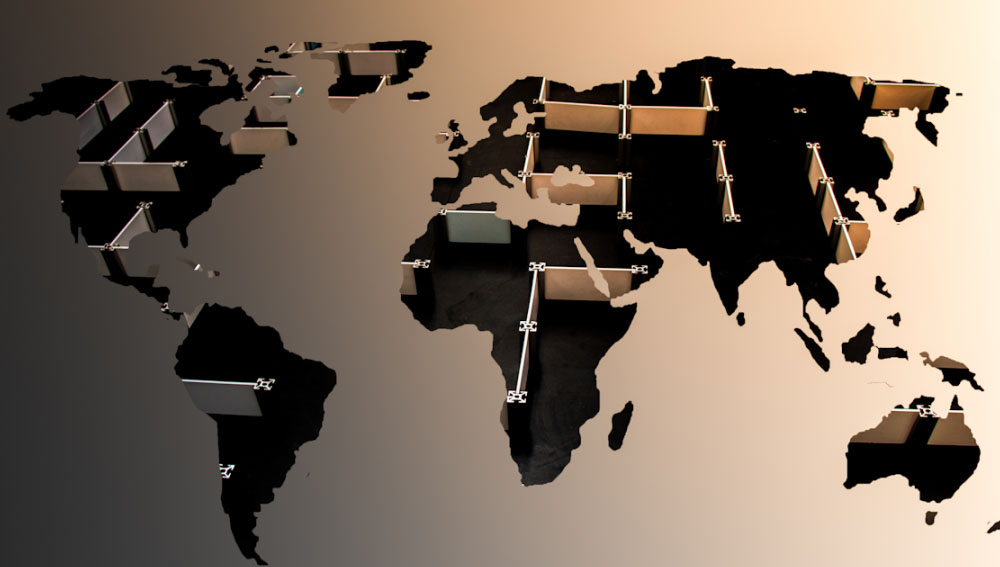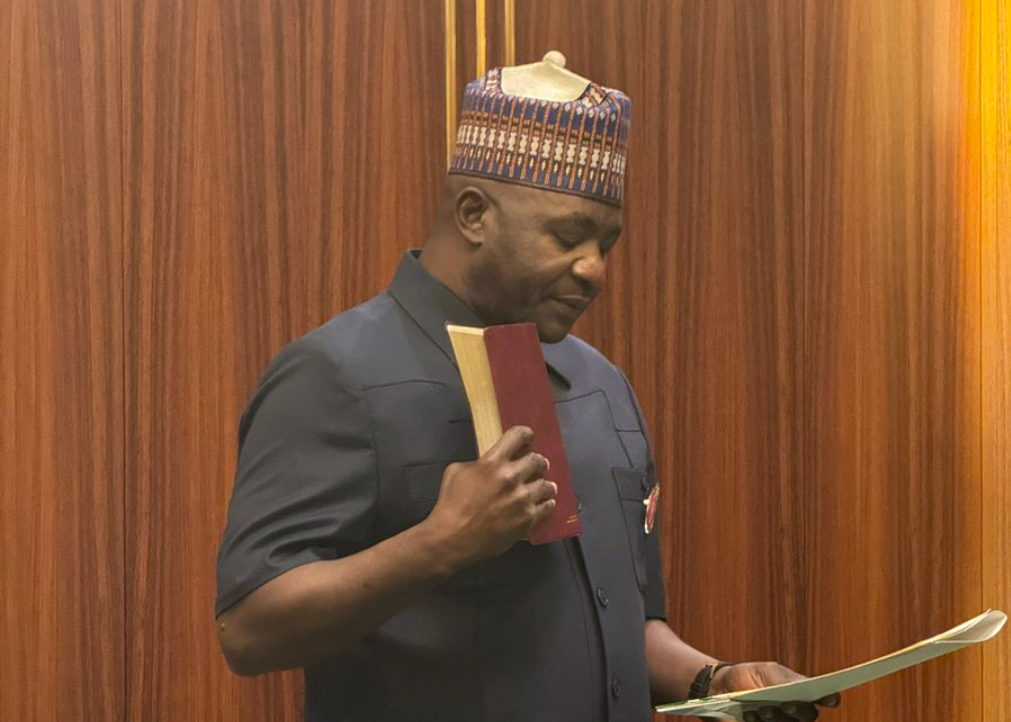
The realities of the post-pandemic era, recurring turmoil in the Middle east, uneasiness in Eastern Europe, increasing polarisation and the growing geopolitical tension among leading economies has undoubtedly goose-stepped the world into the process of restructuring the Global Supply Chain. The factors driving the restructuring will be dependent on trade currency wrangling (USD Vs BRICS) and reverse globalisation.
This phenomenon will disrupt global energy supply, food market, migration, military and economic relationships among countries – and above all less propensity for technological transfer. The disruption will extend beyond the realm of globalisation, impacting the contemporary discourse on socioeconomics and geopolitics among different economies.
We seem to be living in perilous times, further fueled by the ‘news outlets’, creating apocalyptic panic around the populace. Even though war may be imminent on the global geopolitical stage, and chaos may abound and dooms may be prowling but surely oblivion will not descend because there still remains a remarkable size of stability that is enough to make global economies chugging on the path of growth.
Nigeria as a nation is only in dire need of deep thoughts that will triage our economic priorities. The geopolitical tensions are no longer shocks but a persistent pressure that necessitate recalibration of economic variables, re-evaluating industrial strategy and re-alignment of socio-political imperatives. Most economies have realised that they can no longer entrust their critical growth driver unto others because no economy wants to be seen as helpless against the shenanigans of others anymore – hence the subtle but fervent restructuring of global supply chain.
This can be mostly observed in the hi-tech fields and emerging verticals such as Artificial Intelligence (AI), Robotics, Electric vehicles (EV), Green energy and semiconductors (chips).
Over the years, our growth policies have been characterized with microwave culture, requiring a change in policy direction that will catalyse manufacturing – not necessarily aiming to manufacture the grand products. For instance, Nigeria may just need to cultivate clusters of cottage industries that will feed the bigger industries even outside the country.
Conscious effort should be in place to make our economy the hub for manufacturing machine tools, microelectronics, and different types of batteries that can serve EV, electronic circuit-boards and pre-cursor to chips. This directional change will ensure the Nigerian economy would no longer be hinged as sources of raw-materials for the developed economy, but an exporter of finished goods for global purchase.
As a matter of deliberate policy, Nigeria should set a goal that all exports, especially agricultural and solid minerals, should be pre-processed to 75 per cent minimum of the finished goods. Additionally, sectors in which we are primed to lead due to natural endowment should be catalysed by government through subsidy. Nigeria has what it takes to lead in the production of batteries and solar panels, and flood the market with very affordable products such that we can be a critical game changer in the EV industry.
As mentioned above, the government should support heavily, through subsidy, the local production of solar panel that can be used locally and for export. While the private sector remains the critical driver for growth, their approach is not harped on nationalism and common good, but strictly profit-oriented. Hence, the government must be plunged-in as major stakeholder to prop up the private sector, regulate their profit drive and not leave critical industrial development to the “marketplace”.
We should borrow a leaf from countries like China, Vietnam, USA etc that has taken the course to subsidise certain critical real sector so that their economy can remain competitive and stable regardless of the uncertainty brought about by geopolitical headwinds – which is unavoidably rampant these days.
The Government being the custodian of our hope and consciousness in this nation must make it a priority to beacon inspiration to all by implementing core economic policies that guarantees prosperity. The real sector of our economy must be subsidised through legislative approach, as we need to bring home manufacturing of our necessities and things that we can easily command a competitive advantage.
The subsidy regime to the manufacturing industry can be incentivised by low corporate tax rates like 10 per cent for companies with 90 per cent local content, encouraging export of 80 per cent finished materials. For instance this can be implemented by allowing amortisation and depreciation cost to be tax deductible if the proceed is fully repatriated, allow 2-3 per cent excise duty for all manufacturing that has 100 per cent local content most especially in the emerging verticals and providing 10 per cent guarantee for FDI directed to manufacturing.
The global supply chain is stealthily being restructured because big economies have realised the need to continuously have the grip of their economic development and its pace, build and retain capacity within their economy. They aim to ultimately insulate their economies from geopolitical shockwaves. Our policy makers must not be asleep at the switch, as we need to jump on the wagon and bring back the manufacturing companies.
No nation develops by being a source of raw materials, as the only economies that thrive are those that manufacture. It’s a pity that we have a struggling manufacturing sector, whose survival will be a springboard to our economic viability. This government must do all that it takes to reverse the decision of manufacturing companies that have decided to leave our shores and also reinvigorate the struggling ones.
We can use this period supply chain restructuring to make our economy more resilient and impact on the ongoing restructuring of global supply chain through legislations that guarantee a healthy subsidy to our real sector.
Bakre, a Digital Ethicist, is Managing Partner
Homo Economicus Limited Lagos. He can be reached via:
@latundebakre






